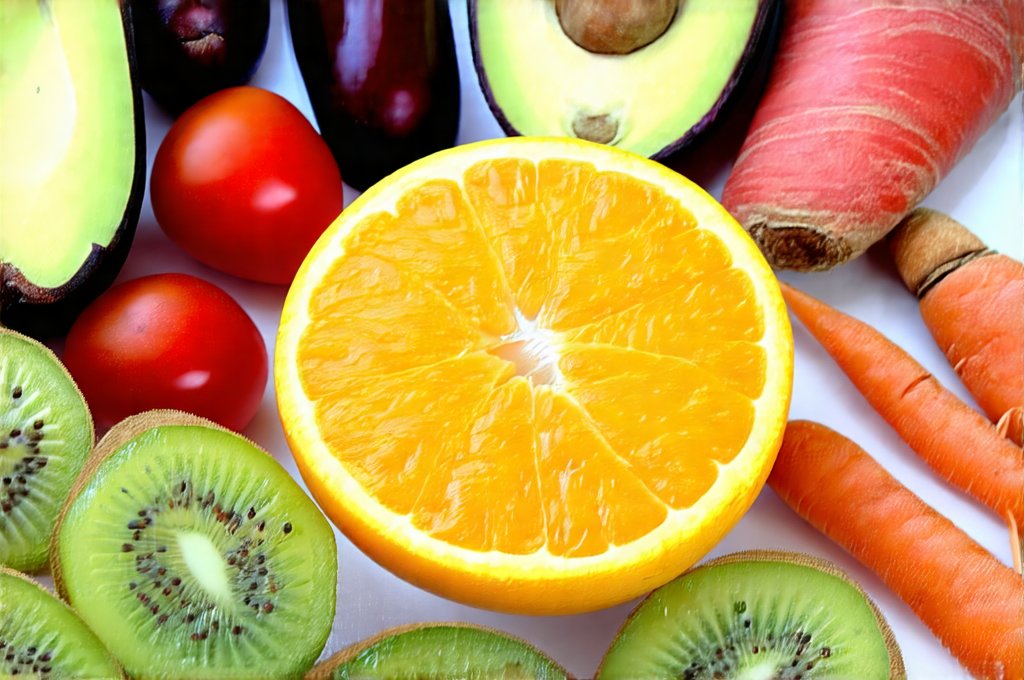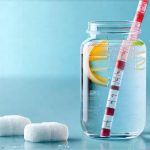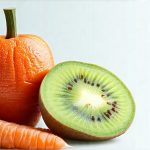Diarrhea is more than just an unpleasant experience; it’s a sign your digestive system is working hard to rid itself of something harmful. While often short-lived, the rapid loss of fluids and electrolytes can leave you feeling weak, dehydrated, and depleted. Recovery isn’t simply about stopping the diarrhea—it’s about replenishing what’s been lost and gently reintroducing nutrients to restore your body’s balance. Focusing on specific foods that aid in electrolyte restoration is key to a swift and comfortable return to health. It’s important to remember that dietary adjustments are most effective when combined with adequate hydration, often involving oral rehydration solutions as recommended by healthcare professionals.
The immediate aftermath of diarrhea can be draining, making even the thought of food unappealing. However, avoiding food for extended periods isn’t helpful; it actually hinders recovery. Instead, a gradual return to eating – starting with easily digestible foods and slowly incorporating more complex options – is crucial. The goal is to provide your body with the building blocks it needs to repair itself while minimizing further digestive distress. Think of it as providing gentle support to a system that’s been through a turbulent time. This means prioritizing bland, low-fiber options initially and carefully monitoring how your body responds to each food introduced.
Rehydrating & Electrolyte-Rich Foods
Electrolytes – sodium, potassium, magnesium, and chloride – are vital for many bodily functions, including nerve and muscle function, fluid balance, and overall cellular health. Diarrhea often leads to significant electrolyte loss, contributing to fatigue, cramping, and dizziness. Fortunately, a variety of foods can help replenish these essential minerals. Bananas, for example, are well-known for their potassium content, while coconut water provides a natural source of electrolytes and is easily digestible. Small sips of clear broth (sodium) can also be incredibly beneficial. Beyond specific foods, focusing on hydration itself is paramount – water, herbal teas, and oral rehydration solutions should all be consumed regularly throughout the recovery process. Understanding microbiome knowledge can also play a role in long-term gut health.
Foods rich in soluble fiber are particularly helpful as they can help to bulk up stool and reduce further diarrhea episodes. Applesauce (unsweetened) and cooked carrots are good examples of easily digestible options that provide some soluble fiber. Avoid high-fat foods, which can exacerbate symptoms, and limit dairy intake if you suspect lactose intolerance may be a contributing factor. It’s also important to avoid sugary drinks as they can draw water into the intestines, potentially worsening diarrhea. The key is to listen to your body and introduce foods gradually, observing how each one affects your digestion. If diarrhea follows antibiotic use, consider careful dietary management to support gut health.
The BRAT Diet & Beyond
The BRAT diet – Bananas, Rice, Applesauce, Toast – has long been a go-to recommendation for those recovering from diarrhea. While it provides easily digestible carbohydrates and can help bind the stool, relying solely on the BRAT diet isn’t ideal for long-term recovery. It lacks essential nutrients like protein and healthy fats needed for overall health and repair. Think of the BRAT diet as a starting point, not an end goal.
Moving beyond the BRAT diet should include lean proteins like boiled chicken or fish, which provide essential amino acids for tissue repair. Oatmeal is another excellent choice – it’s easily digestible and provides some fiber. As your digestive system recovers, you can slowly introduce more complex carbohydrates, such as potatoes (boiled or mashed) and whole-grain crackers. Remember to keep portions small and focus on foods that are well-tolerated. A gradual approach minimizes the risk of triggering further discomfort. Transitioning from processed to whole foods can also support your recovery long term.
Probiotic Power & Gut Health
Diarrhea can disrupt the natural balance of bacteria in your gut microbiome, potentially leading to further digestive issues. Incorporating probiotic-rich foods into your diet can help restore this balance and promote a healthy digestive system. Yogurt with live and active cultures (ensure it’s low in sugar) is an excellent source of probiotics. Fermented foods like kefir and sauerkraut also contain beneficial bacteria. However, introduce these gradually, as they can sometimes cause initial bloating or gas.
Probiotics aren’t just found in fermented foods; certain fruits and vegetables also contribute to a healthy gut microbiome. Prebiotic-rich foods – those that feed the good bacteria in your gut – are equally important. These include bananas (again!), garlic, onions, and asparagus. A diverse diet rich in both probiotics and prebiotics is essential for long-term digestive health and resilience. It’s also worth noting that some probiotic supplements can be helpful, but it’s always best to consult with a healthcare professional before starting any new supplement regimen. Functional foods are particularly useful for rebuilding gut health after disruption.
Hydration Strategies & Fluid Replacement
Hydration isn’t just about drinking water; it’s about replenishing the fluids and electrolytes lost during diarrhea. Water is essential, but supplementing with electrolyte-rich beverages can significantly speed up recovery. Oral rehydration solutions (ORS) are specifically formulated to restore fluid and electrolyte balance and are often recommended by healthcare professionals. Coconut water is a natural alternative, providing potassium and other minerals. Herbal teas – chamomile and peppermint – can be soothing and may help reduce nausea. Gut recovery often requires specific hydration strategies.
Avoid sugary drinks like soda and juice as they can worsen diarrhea. Caffeine and alcohol should also be avoided as they can dehydrate you further. Sip fluids slowly and frequently throughout the day rather than drinking large amounts at once, which can overwhelm your digestive system. Pay attention to your urine color – pale yellow indicates adequate hydration, while dark yellow suggests you need to drink more. Listen to your body’s signals and adjust your fluid intake accordingly. If recovery is needed from gastroenteritis, careful food reintroduction is crucial.


















